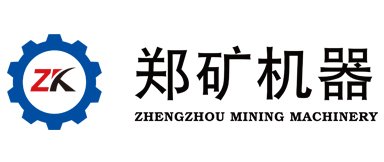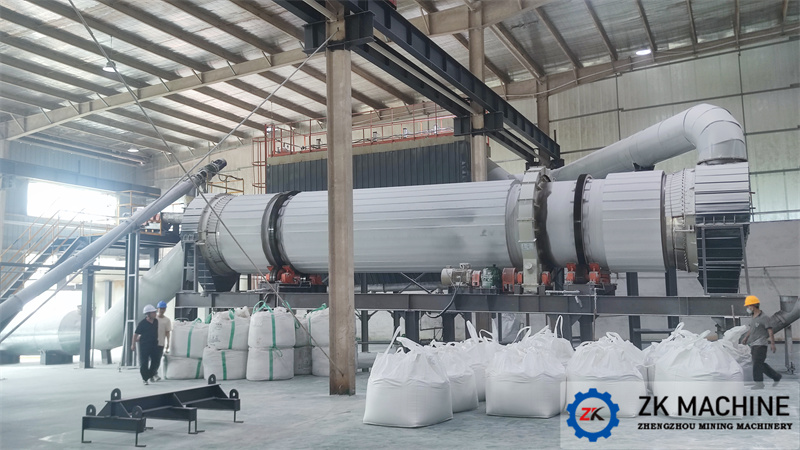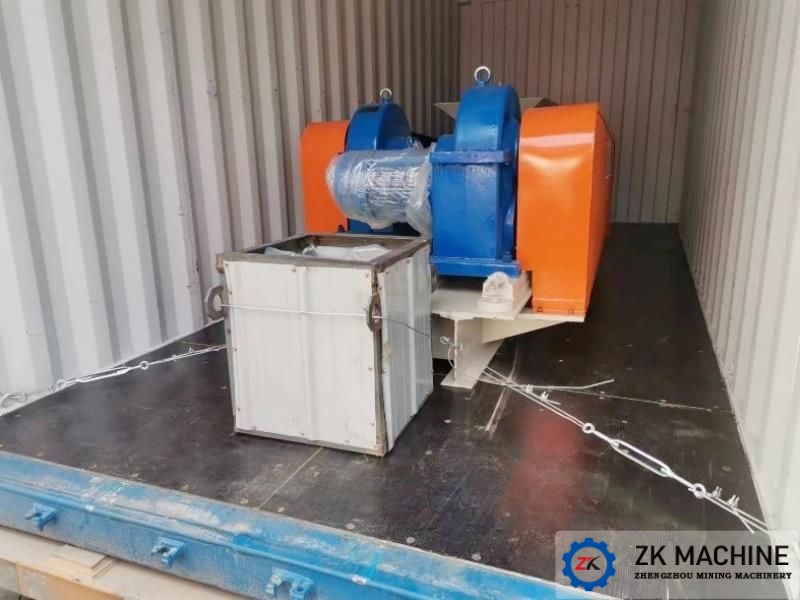Construction of pilot-scale production lines in universities: A key bridge spanning the gap between research and industry
In the era of rapid technological advancement today, the significance of building pilot production lines in universities is increasingly prominent, exerting a profound influence on academic research, industrial development, and social progress.
Promote the transformation of scientific research achievements
Universities possess abundant research resources and strong innovation capabilities, constantly generating a large number of cutting-edge research results. However, there exists a so-called "death valley" between laboratory outcomes and actual industrial applications. Pilot production lines are the key bridges that span this barrier. For instance, the cement pilot production line of Wuhan University of Technology provided a transitional platform from theory to practice for cement-related research results. The new cement preparation process developed by the ZK team achieved initial success in the laboratory and was then simulated in the industrial production environment through the pilot production line, where the process parameters were repeatedly optimized and verified. After the pilot stage, the new process not only shortened the cement production cycle but also improved the product quality, enabling the transfer of technology to enterprises, converting research results into real productive forces, and significantly increasing the conversion rate of scientific and technological achievements.
Cultivating versatile talents
Traditional higher education focuses on the teaching of theoretical knowledge, and students' practical abilities are relatively weak. The pilot production line provides students with a realistic practical scenario. Taking the cement pilot production line as an example, students are involved in the entire process from raw material processing, equipment operation, production process monitoring to product quality. This not only enables them to integrate the multi-disciplinary knowledge such as materials science, mechanical principles, and automatic control that they learned in class, but also allows them to exercise their ability to solve practical problems, innovative thinking, and teamwork spirit in practice. For instance, during the operation of the intelligent control system, students monitor the production parameters in real time and adjust the equipment operation status, thereby deeply understanding the application of automatic control technology in industrial production. They grow into versatile talents who both have theoretical knowledge and practical experience, meeting the demands of the industry for high-quality talents.
Promote interdisciplinary integration and innovation in the field
The pilot production line involves knowledge and technologies from multiple fields. Taking the pilot production line of cement as an example, it covers disciplines such as materials science, mechanical engineering, automation control, energy and environment. During the construction and operation phases, teachers and researchers from different disciplines jointly participated, breaking down the barriers between disciplines. This cross-disciplinary cooperation has promoted new research directions and innovative achievements, such as combining waste heat recovery technology with intelligent control systems, achieving coordinated optimization of energy efficient utilization and intelligent regulation of the production process, promoting the in-depth development of disciplines and improving the overall research level of universities.
Serving the local economy and industrial upgrading
As an intellectual support for regional development, universities can become a powerful tool for promoting local economic growth through pilot production lines. For instance, in the cement industry, in response to the demand for technological upgrading by local enterprises, university pilot production lines can assist these enterprises in overcoming technical challenges, improving product quality and production efficiency, and facilitating the green and effective transformation and development of the local cement industry. At the same time, university pilot production lines can also attract related industries to cluster together, drive the coordinated development of upstream and downstream industrial chains, form a cluster effect, inject new vitality into local economic growth, and enhance regional economic competitiveness.
In conclusion, the establishment of pilot production lines in universities plays an indispensable role in promoting the transformation of scientific research achievements, talent cultivation, promoting the development of disciplines, and serving the local economy. It is an inevitable choice for universities to fulfill their social responsibilities and adapt to the demands of the times. After years of development, ZK has grown into a high-tech enterprise that integrates research, design, manufacturing, installation, commissioning, and operation guarantee. It focuses on the research and production capabilities of environmental protection, building materials, mining, and metallurgical process technologies and their equipment integrated systems.
In response to the diverse needs of customers, ZK can respond quickly and provide tailor-made complete pilot production line solutions. The service scope covers all aspects from equipment selection, component design, equipment layout to electrical system planning. The self-built pilot production line of ZK has the ability to handle various materials, including crushing, screening, grinding, batching, granulation, drying, calcination and cooling processes, providing comprehensive technical services and support to customers.




